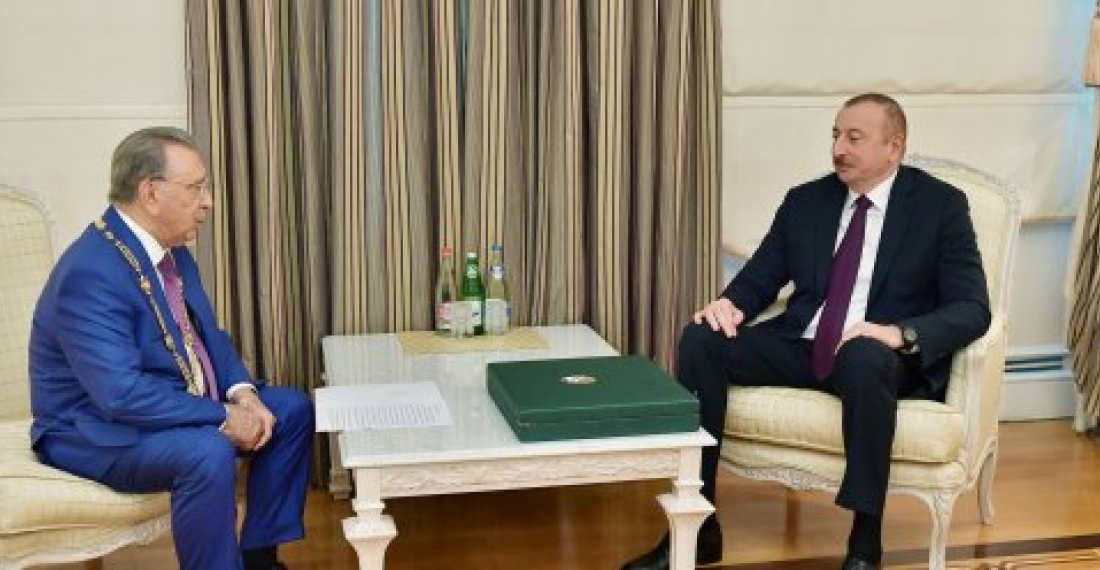The long serving head of the Azerbaijan Presidential Administration, Ramiz Mehdiyev, resigned yesterday, the latest senior official to go in a series of personnel changes instigated by president Ilham Aliyev in an attempt to rejuvenate and re-energise his administration.
Mehdiyev was for a long time considered as the second most important person in the country, and wielded great influence, particularly when it came to appointments of senior officials. He also in 2003 oversaw the transition of the presidency from Heidar Aliyev to his son Ilham.
Several other senior officials have resigned or been dismissed over the last few weeks, including the prime minister and two deputy prime ministers. But Mehdiyev's departure is more significant in many ways. The presidential administration is the heart of government and political power in Azerbaijan, and Mehdiyev had been at its head for more than two decades. The appointment of a new head will be an opportunity for Ilham Aliyev to redefine both the presidential administration, and in many ways the presidency itself.
Mehdiyev 's resignation came on the same day as the appointment of Mikheil Jabarov to head a new super ministry which brings together Economy, Taxes, State property and Consumer affairs among others. Jabarov seen as one of the leading reformists in the government was instructed by the president to ensure a level playing field for businesses, to clamp down on corruption, and to get rid of officials "who stick like leeches" on the back of the country's business community.
source: commonspace.eu
photo: Ramiz Mehdiyev meeting president Ilham Aliyev on 23 October 2019 after being relieved of his duties as head of the presidential administration in Azerbaijan. Aliyev thanked Mehdiyev for his long and loyal service and presented him with a medal.







